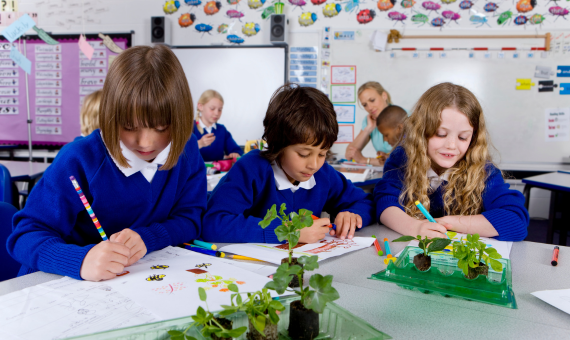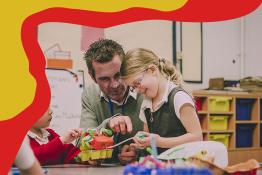Primary Science Skills

Scientific enquiry is essentially a thinking process. For children to undertake effective science enquiries in the classroom, they need to know how to collect useful data and how to interpret them. Simply meeting science skills during practical activities is rarely enough for them to be learned and embedded.
Through a collaboration between the ASE and the Primary Science Teaching Trust, Primary Science Skills and How to Teach Them has been developed for children aged 7-11. Authored by Tracy Tyrrell, the resource is based on two earlier books written by Anne Goldsworthy, Rod Watson and Valerie Wood-Robinson. Originally created for children aged 9-13, Getting to Grips with Graphs (1999) and Developing Understanding (2000) were the outcomes of the AKSIS project: a three-year research collaboration between the Association for Science Education and King’s College London, funded by the Wellcome Trust. Building on the more open-ended, exploratory approach of lower primary, Primary Science Skills and How to Teach Them provides teachers with simple strategies and short activities to support upper primary children (aged 7-11) to develop a range of disciplinary knowledge and skills, which can subsequently be applied in their own scientific investigations.
The materials cover the skills required at each stage of a scientific enquiry and are mapped to different scientific enquiry types, providing teachers with a comprehensive choice of activities. Please note that access to these resources is limited to logged-in users.


